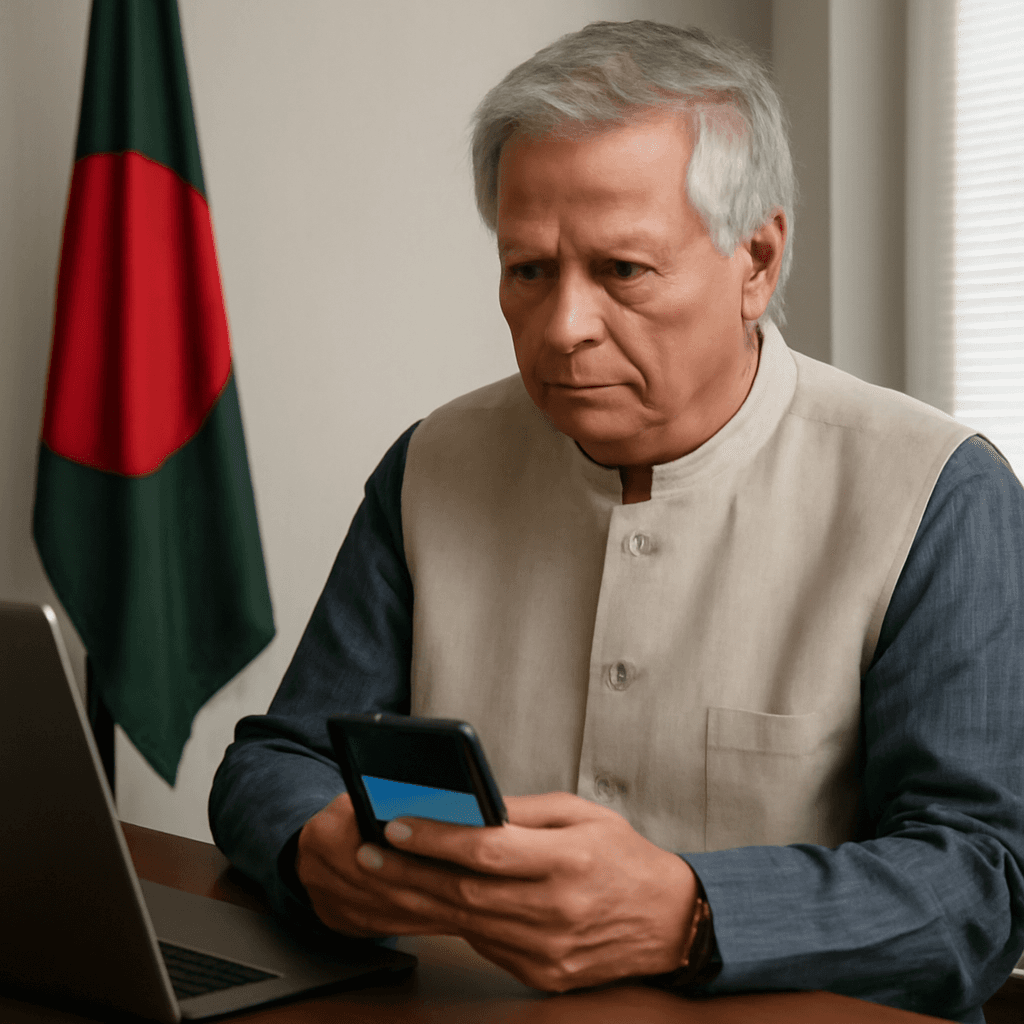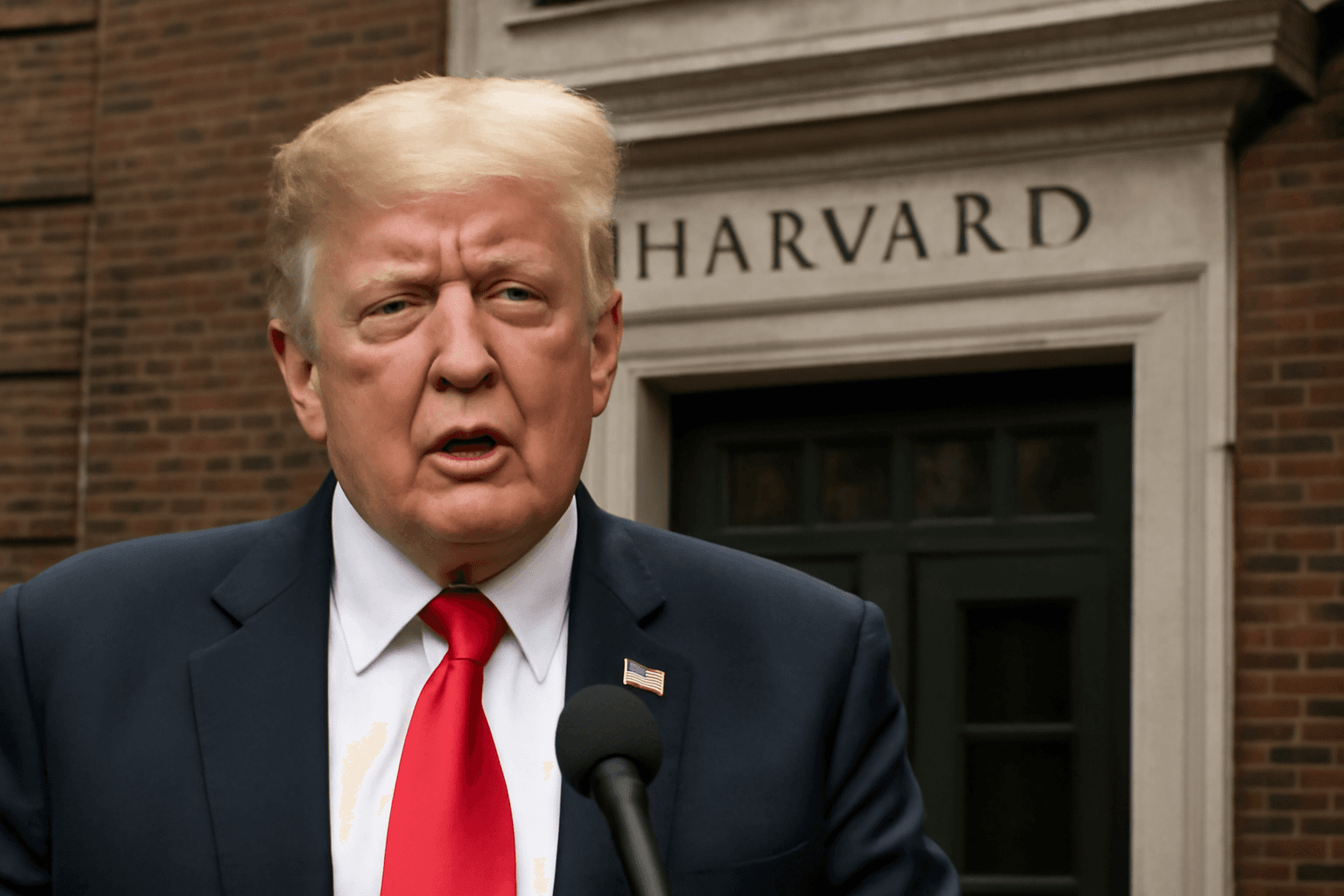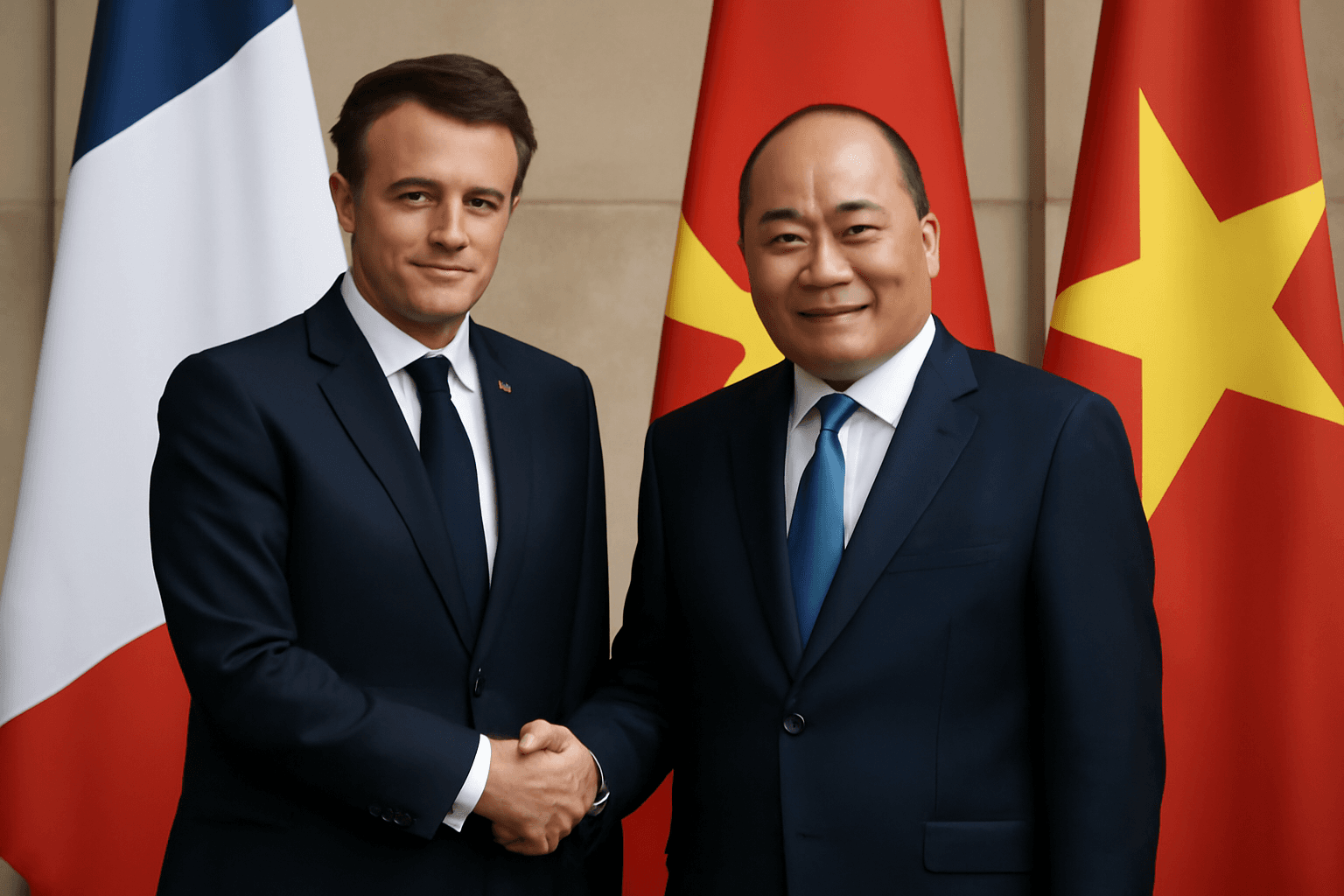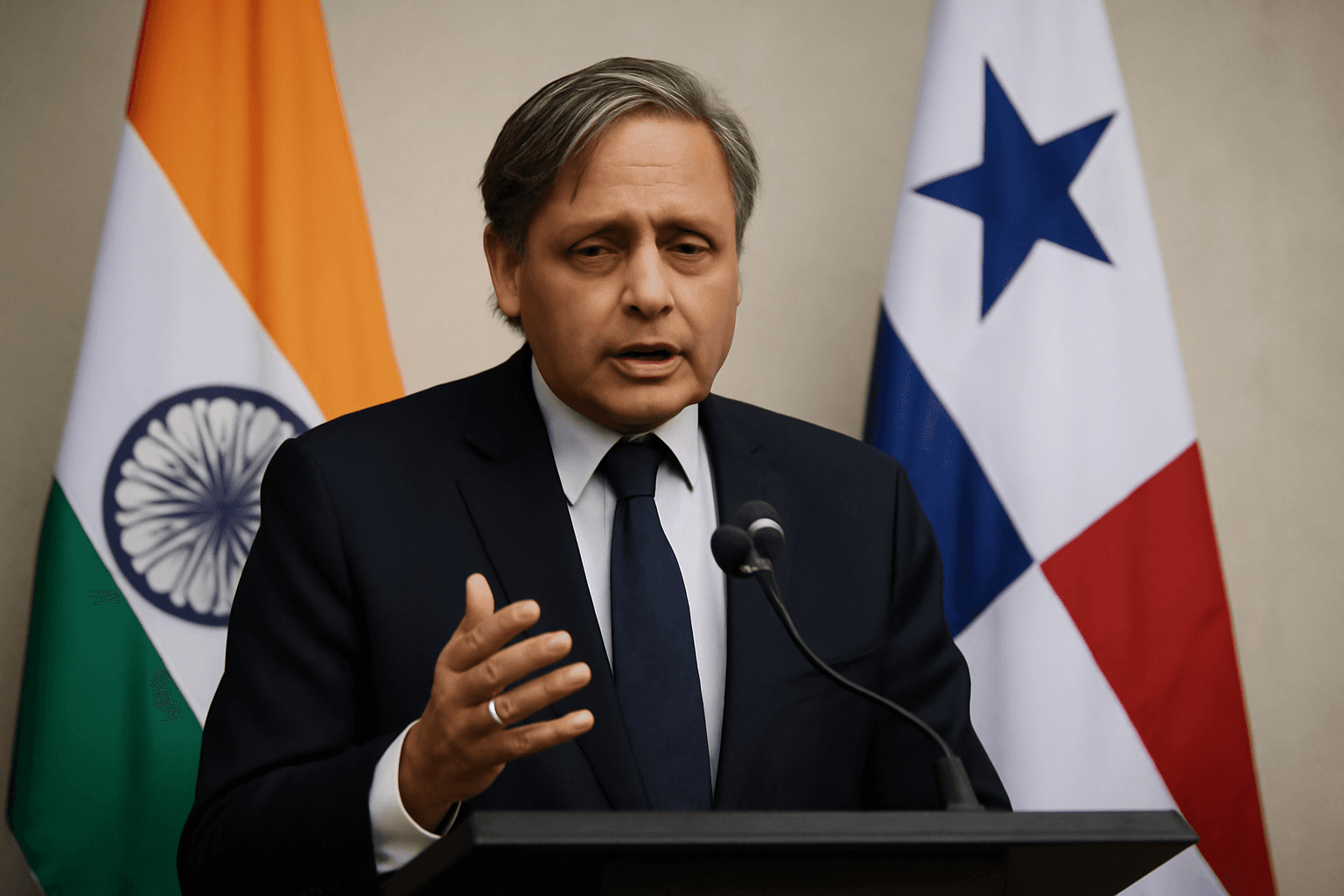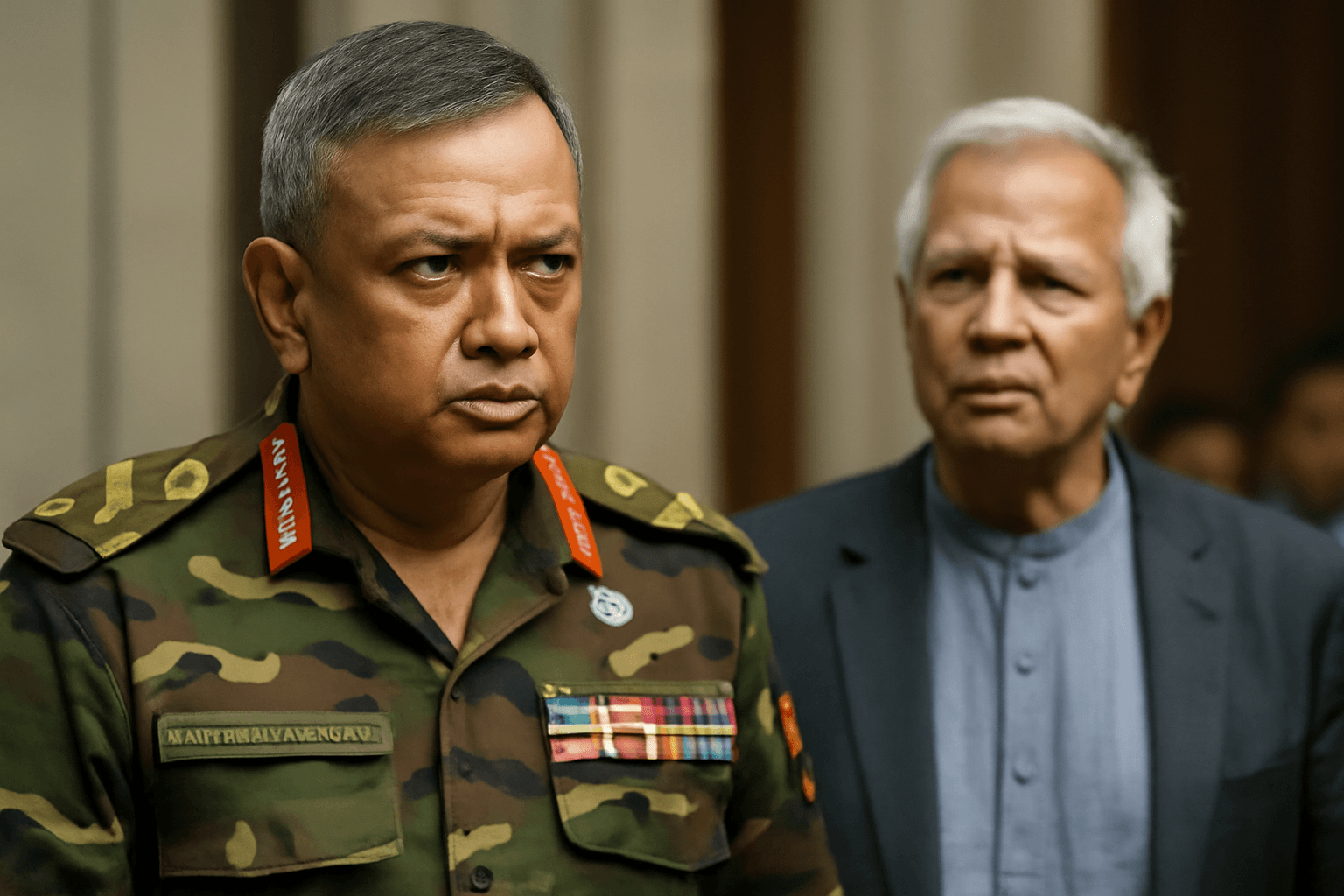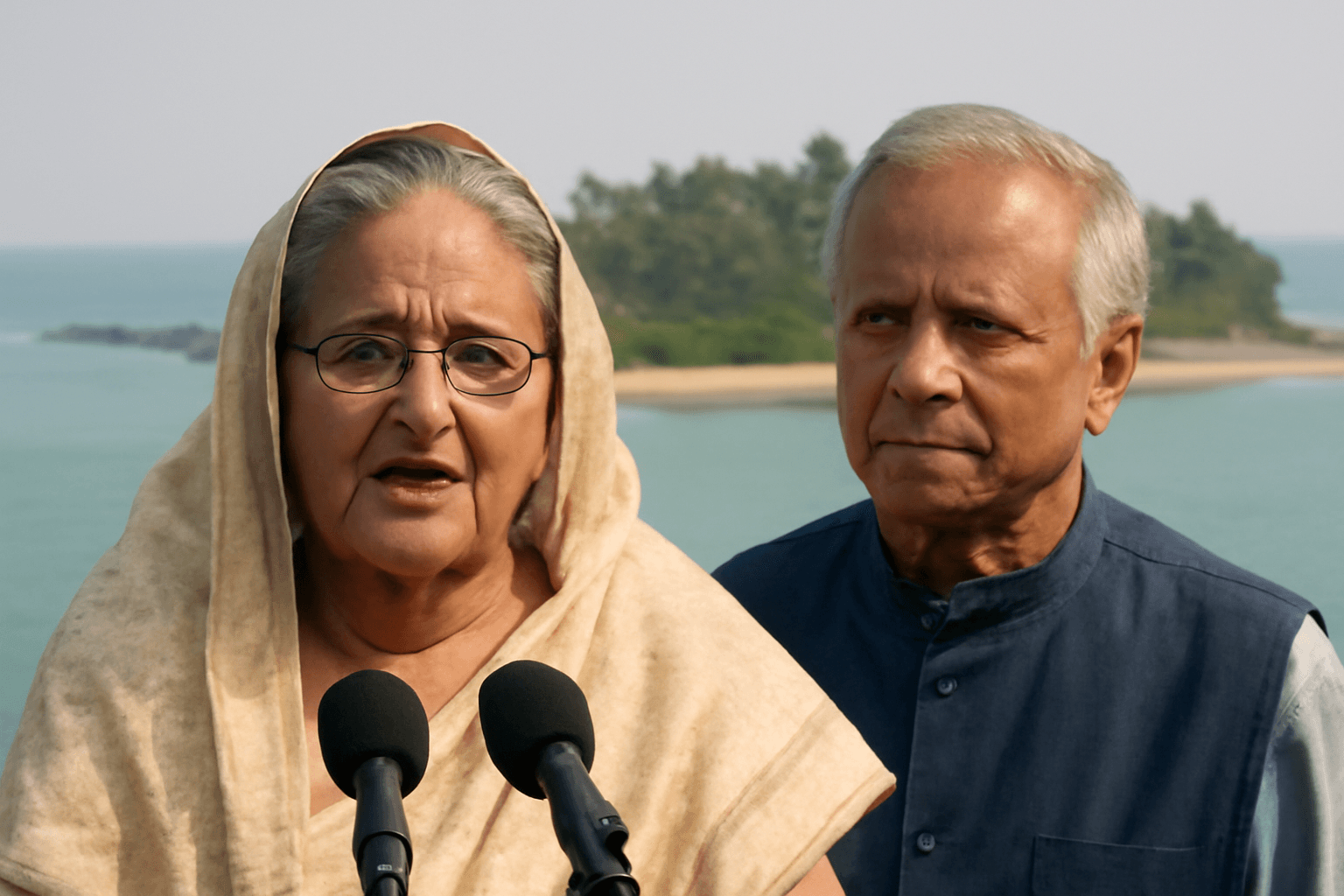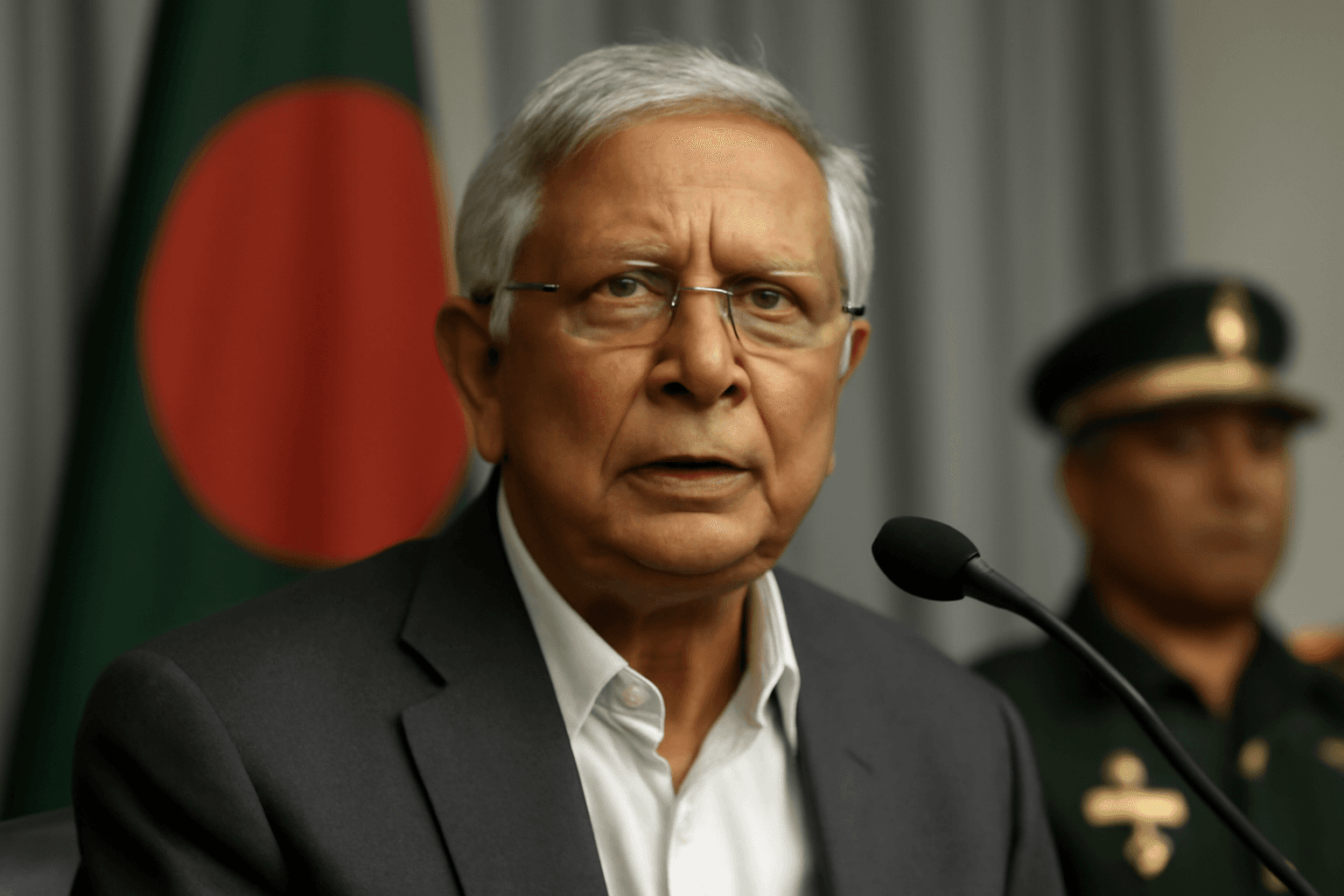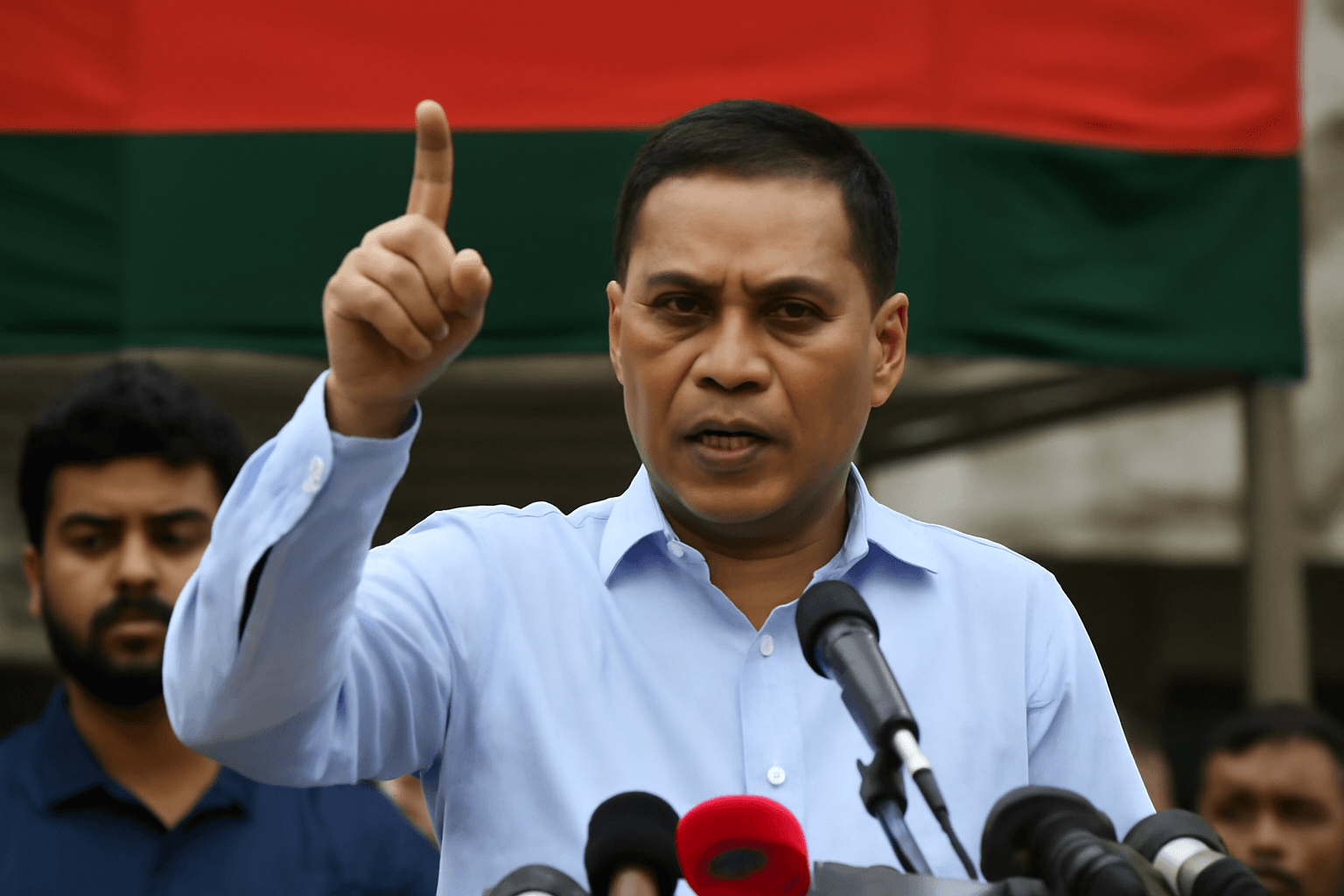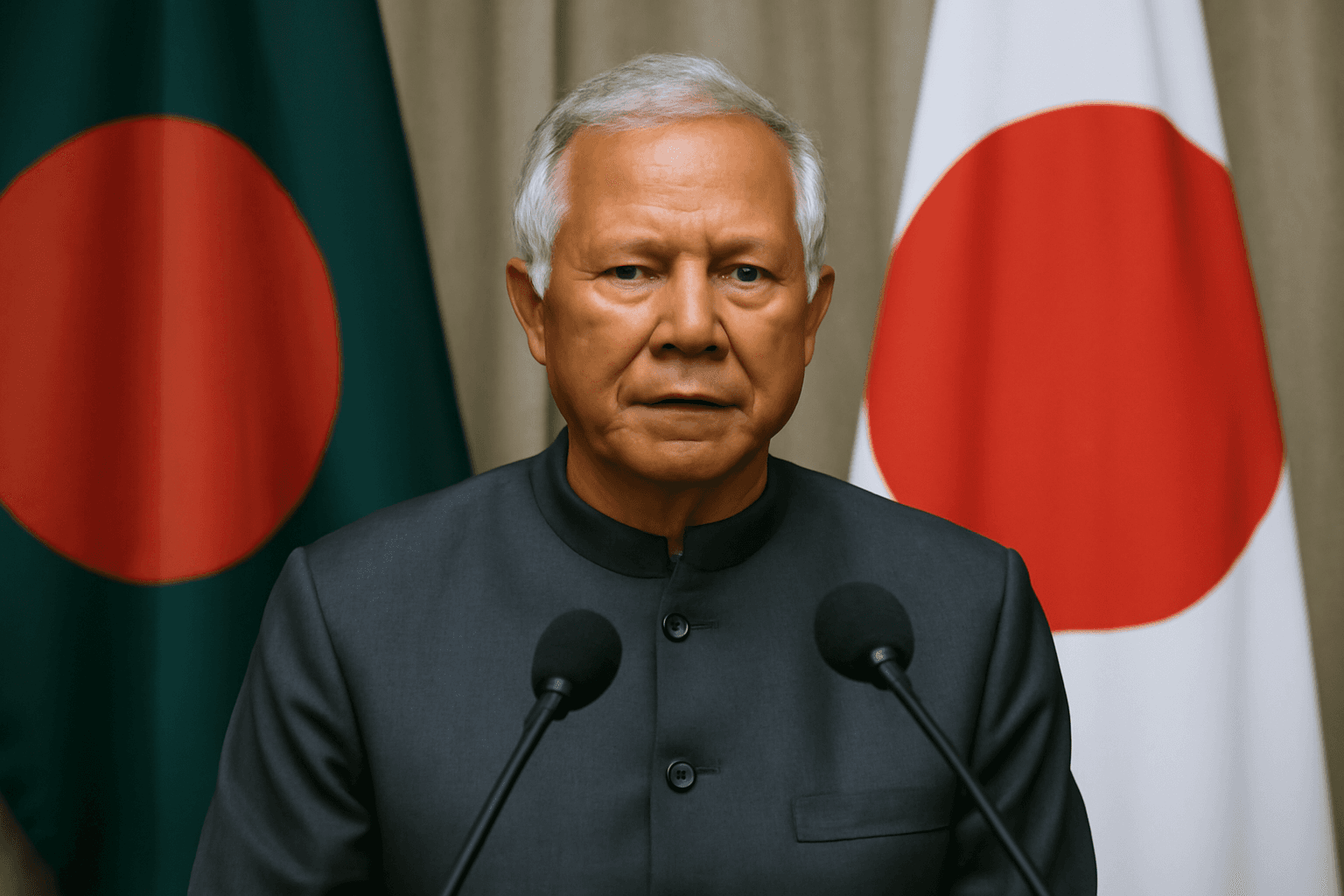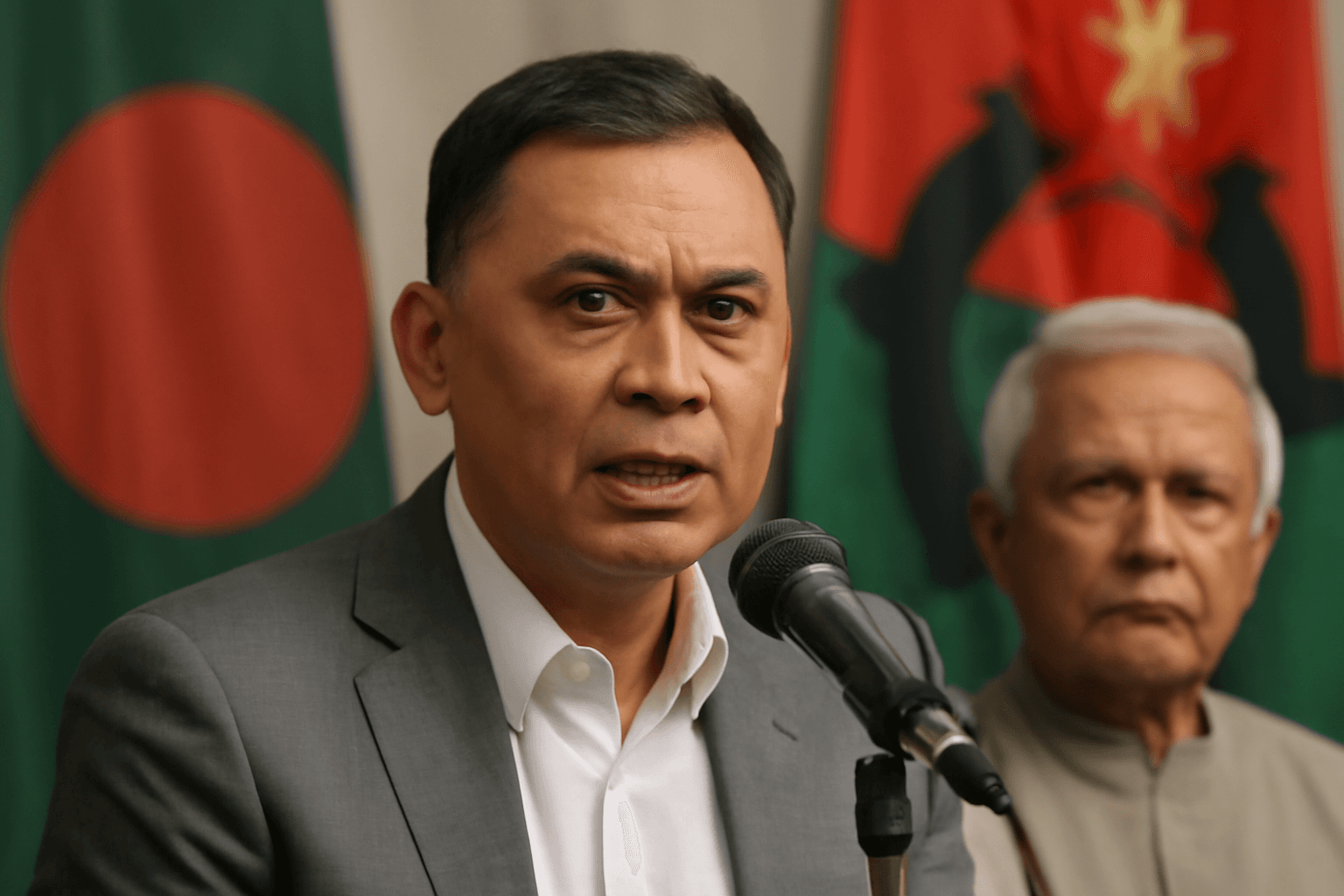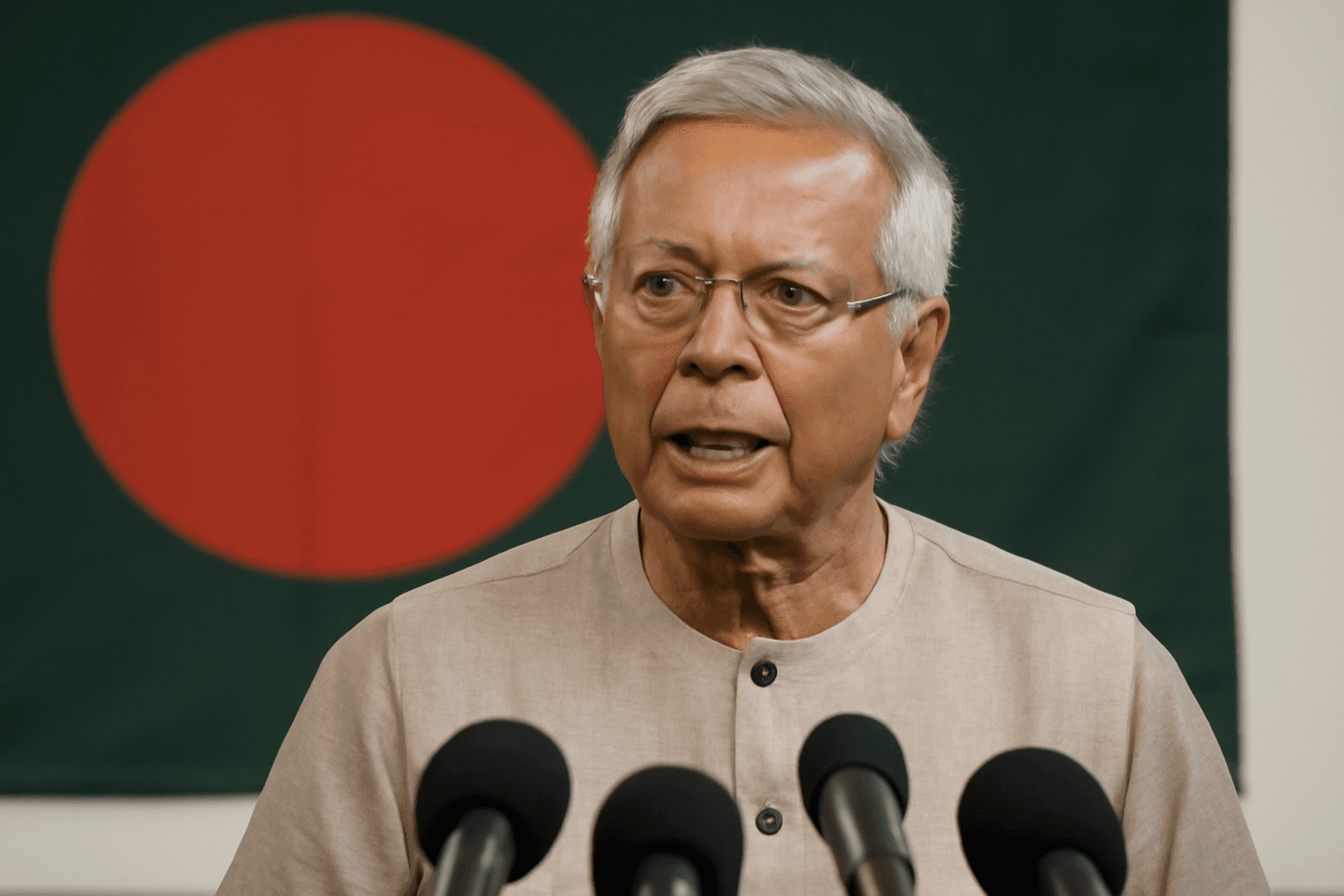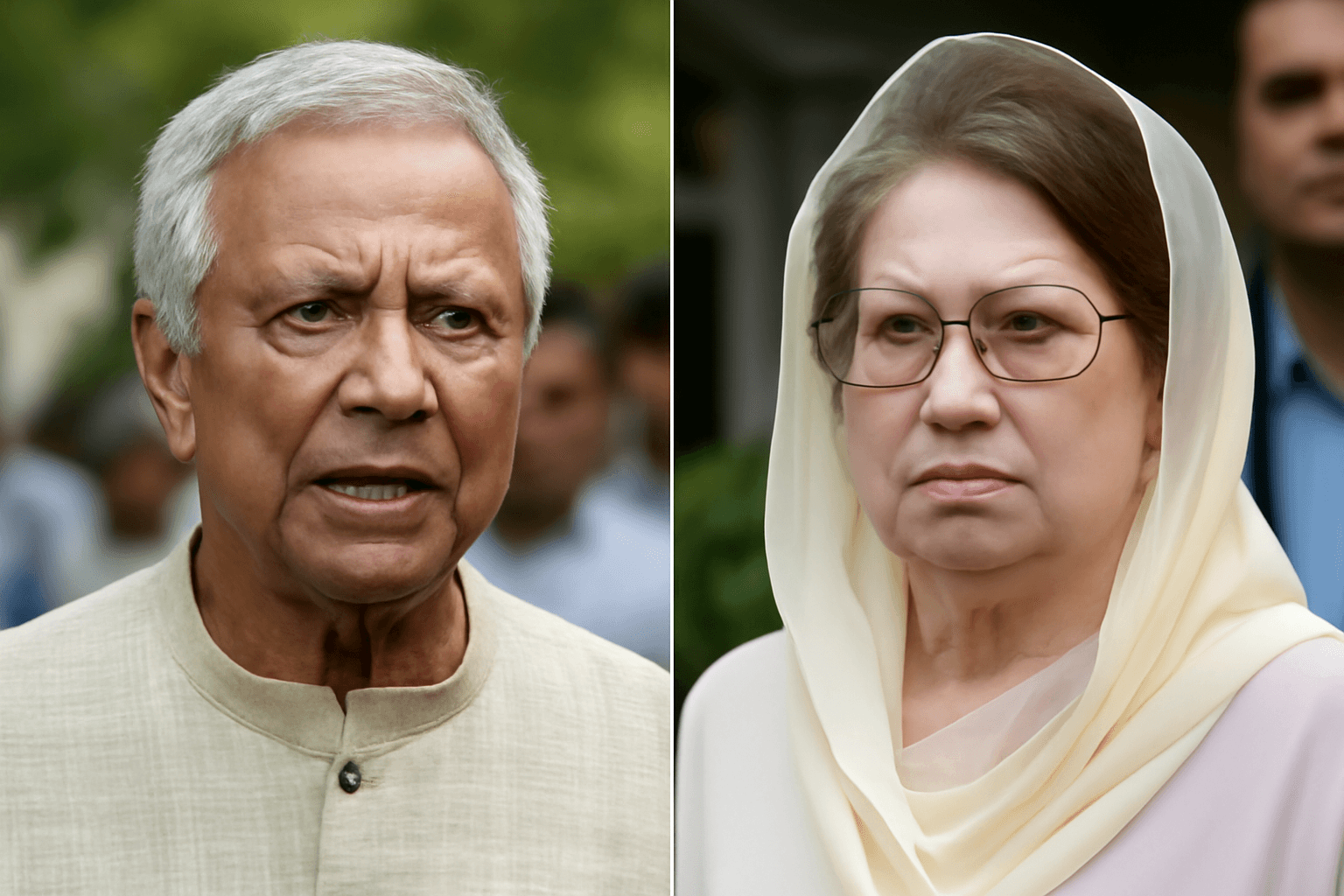Bangladesh Adviser Muhammad Yunus Engages Critics via Social Media
Bangladesh's chief adviser, Muhammad Yunus, heading the interim government, has recently intensified efforts to address criticism and misinformation circulating on social media about his administration and the country's situation.
Political Pressure and Government Challenges
Operating without a clear electoral mandate, Yunus faces increasing pressure from political parties demanding elections. His interim government has been scrutinized for its handling of various national matters, including security concerns and foreign policy decisions.
Addressing Allegations and Misinformation
Yunus’s office has actively rebutted numerous reports—primarily from foreign media—that allege Islamist extremist control over Bangladesh, associations with foreign intelligence agencies, and potential instability within the country’s leadership.
One notable rebuttal from Yunus concerns claims that Bangladesh has fallen under Islamist extremist influence, which he described as containing "multiple false and unsubstantiated narratives." The interim government has countered allegations regarding connections to foreign powers, asserting these claims lack credible evidence and are politically motivated.
Denial of Militancy and Security Concerns
Further, claims suggesting that thousands of Bangladeshi militants have joined regional armed groups via foreign-backed networks were categorically denied. Yunus emphasized that these representations are intended to sow fear and confusion without any basis in verified facts or official confirmation.
Refuting Diplomatic Rumors
Yunus also addressed rumors about Bangladesh’s diplomatic relations, specifically denying reports that Myanmar declared Bangladesh’s ambassador persona non grata. He attributed the spread of such misinformation to opposing political factions and warned the public to verify information before sharing.
Responding to Media Criticism
The adviser has criticized certain media outlets for disseminating disinformation about the Bangladesh Army and his leadership. He highlighted the reliance on anonymous sources and the absence of verifiable evidence in such reports, especially on social media platforms.
Interim Government's Expanded Role and Public Response
Although established primarily to manage elections and reforms, Yunus’s interim administration has undertaken significant policy actions in economics and foreign affairs, including addressing matters related to the Rohingya crisis. These moves have sparked debate about the government’s scope and authority.
In response, Yunus’s office has taken a proactive stance by publicly refuting allegations and engaging critics directly via social media channels, often tagging authors and news organizations to counter narratives they deem inaccurate.
Summary of Key Points
- Muhammad Yunus leads Bangladesh’s interim government without electoral mandate.
- The office actively counters foreign media reports alleging extremist control and foreign influence.
- Denies claims of large-scale militant recruitment and diplomatic conflicts.
- Criticizes misinformation campaigns relying on anonymous sources and unverified assertions.
- Responds directly on social media to allegations involving government policies and security issues.

